
 Instagram
Instagram
What is the best diet for menopause?
.png?v=1673013785775)

Related products
As we age, our bodies go through changes. For women, one of these changes is called menopause.
Menopause happens when a woman stops having her monthly period and can no longer get pregnant. It is a natural part of ageing and usually starts in a woman’s early 50s.
While going through menopause, some women might experience hot flashes, night sweats, mood swings, sleep problems, and weight gain.
Hormonal changes and low oestrogen levels can cause these symptoms. A healthy diet and lifestyle can help ease these symptoms.
This blog post will explore what the best diet for menopause is and how it can help manage menopausal symptoms.
What is Menopause?
Menopause is a natural biological process that signals the end of a woman's reproductive years. It typically occurs around age 51, when the ovaries stop producing eggs and oestrogen levels begin to decline.
Menopause can cause a variety of symptoms, including hot flashes, night sweats, vaginal dryness, and mood swings. While there is no cure for menopause, there are treatments that can help alleviate some of the symptoms.
For instance, hormone replacement therapy can help to restore hormone levels and reduce hot flashes. In addition, regular exercise and stress reduction techniques can also be beneficial.
Ultimately, menopause is a normal part of ageing, and there are ways to manage the symptoms and live a healthy life during this time.
The Role of Nutrition in Menopause
Achieving a healthy weight is important for reducing your risk of developing cardiovascular disease. Eating calcium-rich foods and maintaining muscle mass are two key ways to achieve a healthy weight.
Spicy foods can also help boost your metabolism, and including healthy fats in your diet can help you feel fuller longer. Getting enough vitamin D is also important for maintaining a healthy weight.
Processed foods are typically high in unhealthy fats and sugar, which can lead to weight gain and an increased risk of heart disease. Eating whole grains and getting a yearly cardiovascular risk assessment can help you maintain a healthy weight and reduce your risk of developing heart disease.
A well-balanced diet is important for everyone, but especially for women going through menopause.
During menopause, there is a decline in the production of the hormone oestrogen. Oestrogen plays a role in regulating cholesterol levels, bone health, and hot flashes. A diet rich in phytoestrogens (plant oestrogens) can help to supplement the declining levels of oestrogen in the body. soybeans, tofu, tempeh, lentils, flaxseeds, and sesame seeds are all good sources of phytoestrogens.
It’s also important to eat plenty of fruits and vegetables during menopause. Fruits and vegetables are packed with nutrients like fibre, vitamins, and minerals, which are important for overall health.
They are also low in calories which can help with weight management. Be sure to include a variety of colourful fruits and vegetables in your diet for maximum benefit.
Fruits and vegetables that are high in antioxidants, like berries, dark leafy greens, tomatoes, and carrots, are particularly good for menopausal women as they can help to reduce hot flashes and other menopausal symptoms.
Finally, it’s important to stay hydrated during menopause. Aim to drink 8 glasses of water per day. You can also get fluids from other beverages like herbal tea or 100% fruit juice. Avoid sugary drinks like soda or alcohol as they can contribute to weight gain.
Best Diet For Menopause
Dealing with menopause symptoms can be a difficult process for many women. Hot flashes, weight gain, and mood swings are just some of the challenges of this stage of life.
But did you know that your diet can play a role in managing menopause symptoms?
That's right, certain foods and nutrients can help ease hot flashes, regulate mood, manage blood sugar and promote weight loss.
So, if you're looking for diet advice specifically tailored to menopause, you've come to the right place.
Here are the top three diets for menopause success.
The Paleo Diet
The Paleo diet is based on the premise that humans should eat the same foods that our ancestors did during the Paleolithic era.
This means primarily fruits, vegetables, lean meats, and fish. grains, legumes, and dairy are typically avoided on this diet as they were not widely available during the Paleolithic era.
Research has shown that the Paleo diet can help with weight loss and improve heart health markers such as cholesterol levels. it's also worth noting that many of the foods allowed on this diet are rich in phytoestrogens, which can help alleviate hot flashes and other menopause symptoms.
The Mediterranean Diet
The traditional diets of countries like Greece and Italy inspire the Mediterranean diet.
It's based on plenty of fruits and vegetables, moderate amounts of lean protein, healthy fats like olive oil, and moderate amounts of red wine.
This diet has been shown to improve heart health and increase lifespan while also managing weight effectively.
The Mediterranean diet is a good choice for women experiencing menopause as it can help regulate mood swings and ease hot flashes.
The DASH Diet
The DASH diet was specifically designed to lower blood pressure but it's also effective for weight loss and heart health.
This diet is rich in fruits and vegetables while also including low-fat dairy, whole grains, lean protein, nuts, and seeds.
It limits sodium, red meat, sweets, and added sugars while still being hearty and satisfying.
Because high blood pressure is a common complaint during menopause, the DASH diet is an excellent option for managing both blood pressure and menopause symptoms at the same time.
Conclusion
If you're struggling to manage your menopause symptoms, changing up your diet might be a good place to start.
There are a few different dietary approaches that have been shown to be effective for managing hot flashes, weight gain, mood swings, and more.
Talk to your doctor about getting a menopause blood test and about which approach might be best for you and your individual needs then give one of these three diets a try!
Learn more at Welzo!
Read more about the 34 Symptoms of Menopause or the Signs, Symptoms and Treatments for Menopause.








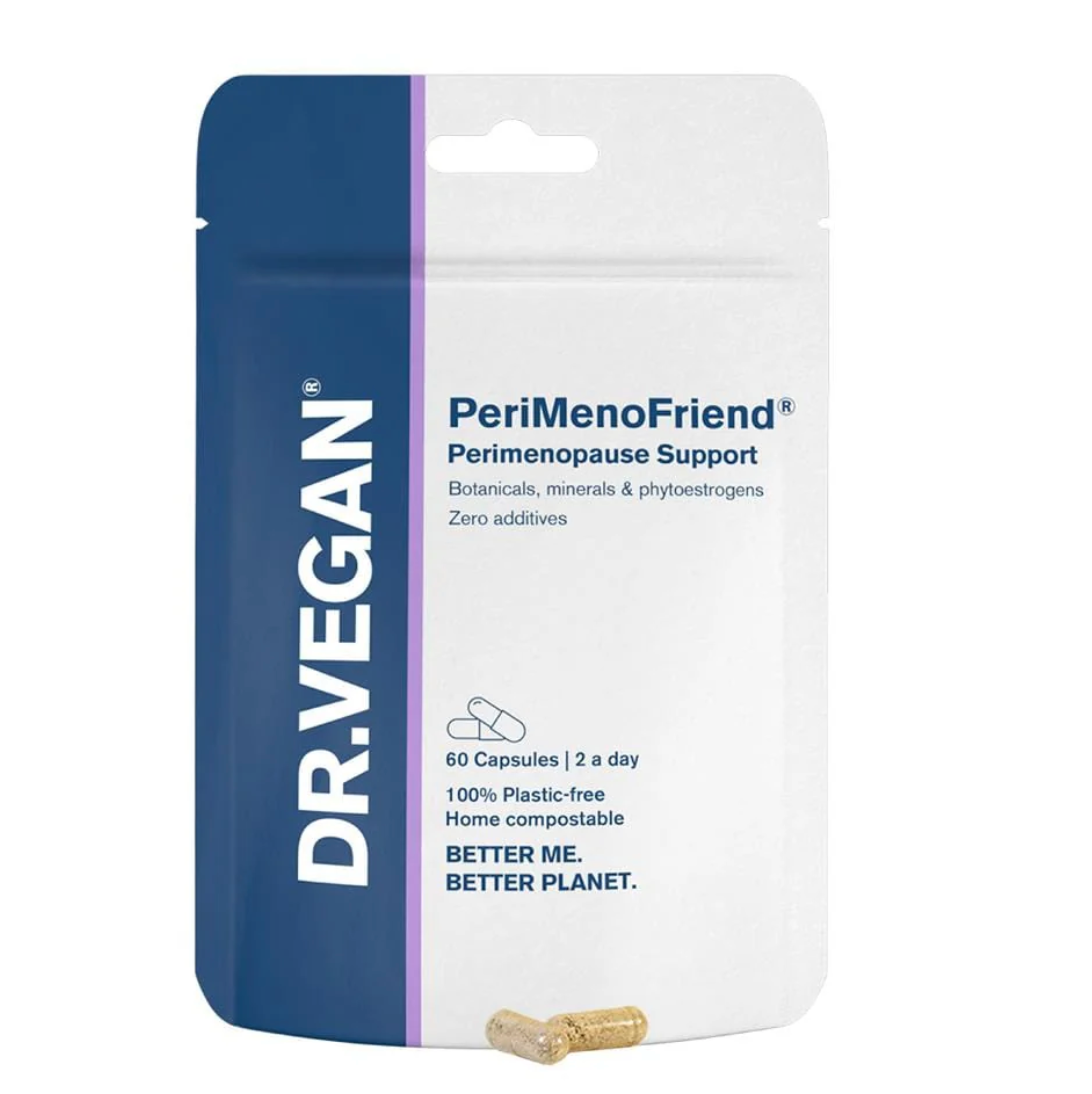





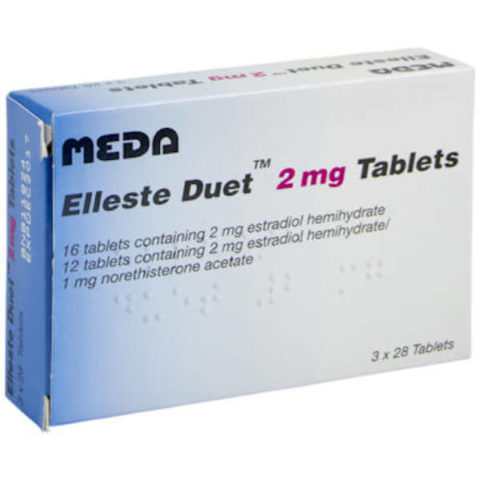


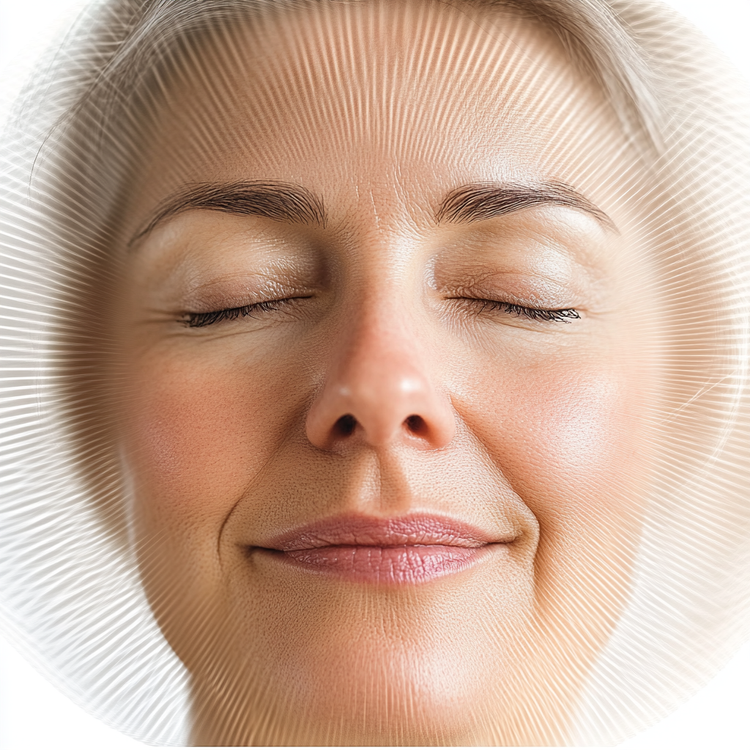
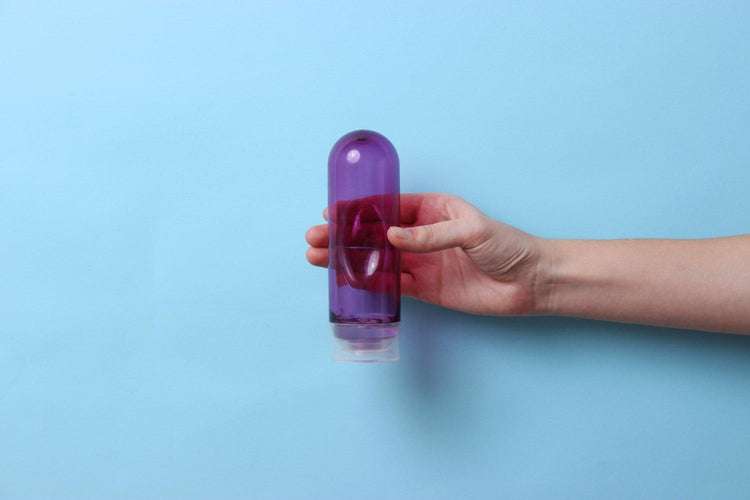
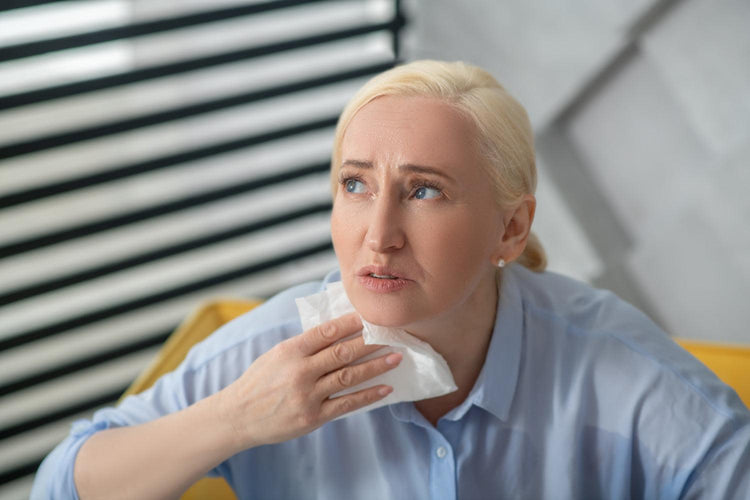


 Rated Excellent by 26,523+ Reviews
Rated Excellent by 26,523+ Reviews